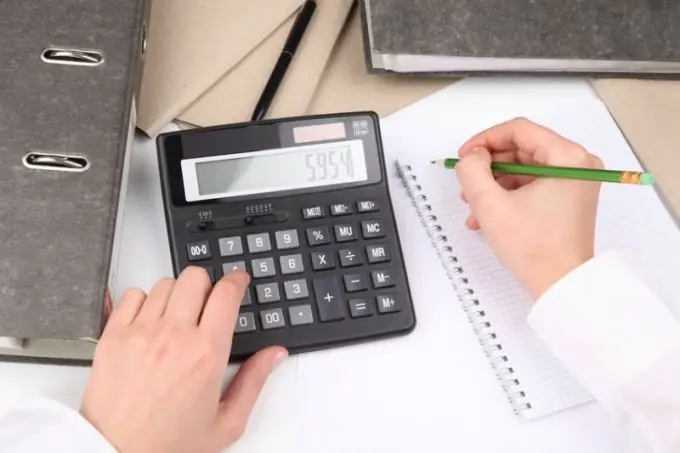- Author Isaiah Gimson gimson@periodicalfinance.com.
- Public 2023-12-17 02:53.
- Last modified 2025-01-24 12:06.
Trade is one of the most demanded types of entrepreneurial activity. You can buy and sell goods and services in Russia without restrictions. The right to freely engage in commercial activities is assigned to both organizations and citizens. This is evidenced by the 1992 Presidential Decree "On Free Trade". Where there are rights, there are responsibilities. Keeping various types of records is one of the main ones.

Instructions
Step 1
If you intend to engage in trade seriously and for a long time, prepare yourself for the fact that the success of your activity will largely depend on a well-built document management system. Remember: the correct documentary registration of any business transactions will make it possible to maintain accounting and tax records without errors, and to establish effective internal control over costs.
Step 2
Study the main regulatory document that establishes a unified basis for accounting in the Russian Federation: Federal Law of November 21, 1996 N 129-FZ "On Accounting". If you apply the simplified taxation system, then you will not have to comply with all the requirements of this Law: accounting will affect only fixed assets and intangible assets.
Step 3
Develop an accounting policy for your trading company, adjusted for the planned structure and other features of the activity.
Step 4
Please note that from January 1, 2009, your main guide in the development of accounting policies should be the Regulation on accounting "Accounting policy of the organization" (common abbreviation - PBU 1/2008). The head approves the accounting policy of the trading company.
Step 5
Approve those forms of primary accounting documents that do not fall under the standard samples, as well as the forms for internal financial statements that you need. Specify the rules of workflow and technology for processing accounting information in relation to your company.
Step 6
Please note that all business transactions of a commercial enterprise must have supporting documents (primary accounting documents). On their basis, accounting is carried out.
Step 7
Please note that Law N 129-FZ allows the use for accounting not only of primary accounting documents from albums of unified forms, but also independently developed ones. There is only one condition - the document must contain the mandatory details specified in Art. 9 of the Law. For example, the unified form of the act on the identification of low-quality goods after their acceptance to the warehouse has not been officially approved. Such documents are developed by the trading company independently, and their use is documented in an appendix to the accounting policy.
Step 8
When you have accepted the primary documents for accounting, check them and organize them. And only then reflect it in the accounting registers (according to Article 10 of Law N 129-FZ).
Step 9
The final stage of document flow in a trade organization is the storage of documents. The minimum period for "primary organizations", accounting and reporting registers is 5 years.






